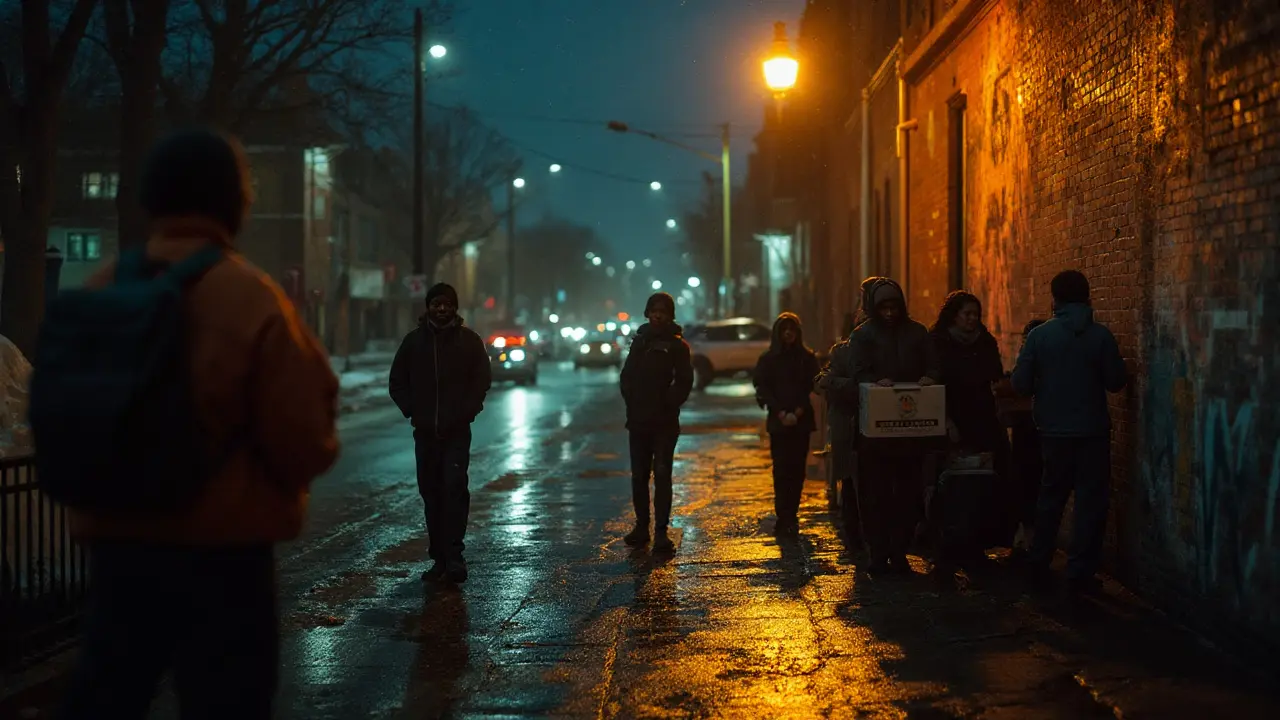Decriminalization vs Legalization: How the Laws Shape Escort Services in Europe
If you’re looking for an escort or working in the industry, the legal landscape can feel like a maze. Two words pop up a lot: decriminalization and legalization. They sound similar but they create very different realities for clients, providers, and authorities.
Decriminalization – What It Actually Means
Decriminalization means the state removes criminal penalties for consensual adult sex work. In places like New Zealand, the law treats prostitution like any other private job. No licence, no special taxes, just the same rules that apply to any service business. The main upside is safety: sex workers can report violence without fearing arrest, and agencies can focus on quality rather than staying hidden.
For a client, decriminalization translates to more trust. You can ask for references, verify identity, and expect a clear cancellation policy. For the escort, it means you can keep earnings in a regular bank account and pay normal taxes, which helps build a professional reputation.
One catch is that without a regulatory framework, the market can still attract shady players. That’s why many decriminalized countries rely on strong labour‑rights groups to set standards and provide health resources.
Legalization – The Practical Side
Legalization, on the other hand, introduces a specific set of rules that sex work must follow. Think of the Netherlands: you need a licence, you must work in a registered brothel, and there are zoning limits. The government can charge fees, inspect premises, and enforce health checks.
Clients benefit from a more transparent system. A licensed brothel usually lists prices, offers a contract, and guarantees a clean environment. Escorts gain protection under labour law, but they also face bureaucracy. Paying for a licence can push some providers into the informal market if the costs are too high.
In the UK, the approach is a hybrid. Selling sex is not a crime, but running a brothel is. This creates a grey area where some services operate safely while others stay underground. Understanding the local nuance is crucial before you book.
Both models aim to reduce harm, but they do it differently. Decriminalization leans on existing legal structures, while legalization builds a dedicated framework. Your choice as a client or provider should consider which system offers the most reliable safety net in your city.
So, how do you navigate this in practice? First, check the city’s official stance – a quick search for "[city] sex work law" will tell you if you’re in a decriminalized or legalized zone. Second, look for community‑run forums or reputable directories that vet providers based on user feedback. Finally, always prioritize clear communication: confirm rates, boundaries, and safety measures before meeting.Bottom line: decriminalization gives you flexibility and less red‑tape, while legalization offers clearer standards at the cost of paperwork. Knowing the difference helps you make smarter, safer choices whether you’re hiring an escort or working in the field.

